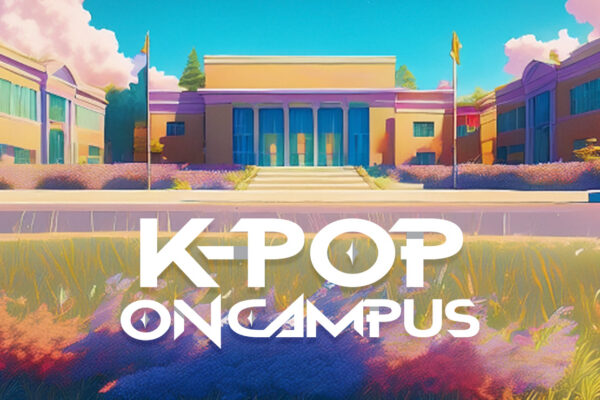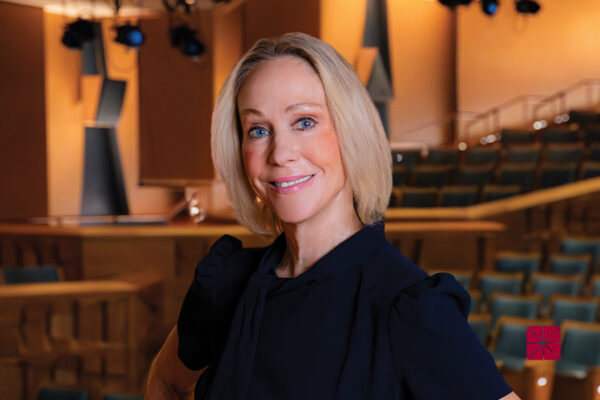Those who know me, are aware of my passion for dialogue across ideological divide. This is something I learned from my parents and the long discussions we used to have every Sunday at our dinner table. My dad, agnostic, and my mom, fervent Catholic, would engage in deep conversations regarding the meaning of the scriptures of the day, drawing me and my sister into the discussion. To this day, my sister and I have vivid memories of those constructive dialogues.
Those discussions returned to my mind recently, when some of our students gave me an opportunity to reflect on and practice what I believe to be constructive dialogue, the type of dialogue that can only happen when all parties in a conversation are given a voice.
Those voices can often find their power through stories, in ways that can move hearts and minds. When this happens, it makes a difference who is telling those stories, and whose perspectives and opinions are given a stage.
You’ll see in the pages of this fall 2019 magazine the exceptional work being done here by our entire Chapman family. Our students, faculty, administration and alumni are working hard to let all voices be heard, and I couldn’t be prouder.
From the College of Performing Arts presenting an entire theatrical season around plays and musicals written or directed by women, to Chapman’s Thompson Policy Institute where Ph.D. student Stephen Hinkle, who is on the autism spectrum, shares research and training to improve policies and programs for people with disabilities.
In the law school, Michael Bazyler and a team of students represent the voices of Holocaust survivors and families seeking property restitution. And STEM students across the campus are researching new tools and technology to serve and solve problems in their communities and in the world.
Through it all, our visionary supporters make it possible for any promising student, of any background, to join the Chapman family through robust scholarship funding.
There is so much more to say about how dialogue happens, but I leave you with one more thought — that dialogue requires the willingness to truly listen, and the humility to know that even when we think we are right, there is still a possibility that we are not. And for that to happen, it is necessary that we quiet our own voice long enough to listen for the truth in what the other person has to say.
My parents’ voices were not the only ones heard within our household. They could have been, but they chose not to be. And for that lesson I am eternally grateful.
Daniele Struppa
President, Chapman University





